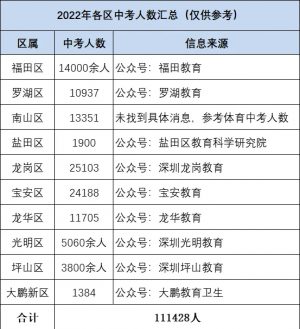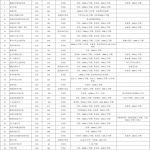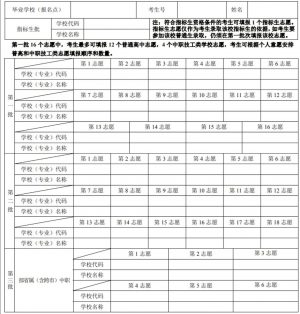表示花费 cost, pay, spend 和 take
一、cost 表示“花费”,主语为“物”,宾语( 即花费的什么 )为“金钱” 主要句型为:sth cost sb some money 某物花费了某人多少钱,例如: This skirt cost me 120 yuan. 这条裙子花费了我120元。 二、pay 表示
as well
as well:也,常放在句末,相当于too,also,either。 区别: as well 肯定句句末 He can swim as well. also 肯定句句中 He also wants to swim. too 肯定句句末 I am happy t
need的用法
一、用作实义动词 作为实义动词,表示 需要;必须;need后面的宾语可以是名词、动名词、动词不定式或代词,这种情况下,need既可用于肯定句,也可用于否定句和疑问句,构成否定句和疑问句时要
in addition(to)
In addition, computers can do important jobs like operating railways and flying planes and spaceships. in addition 的意思是另外,是一个副词短语,通常用于句子的开头,后面用逗号与句子其他部分隔开。 in addition to 是介词
介词用于表示年、月、日的用法
在英语中,介词用于表示年、月、日的用法如下: 1. 年份: – in + 年份(例如:in 2022):2022年 – in the year + 年份(例如:in the year 2010 ) 2010年 – during + 年份s(例如:during the 1990s )在
be short of / for
be short of:缺少;短缺;缺乏; be short for:是…的简称;是…的缩写 例句: “CEO” is short for “Chief Executive Officer.” Otherwise you’ll be short of money all term.否则你整个一学期都将缺钱。 The
seem 的用法
seem 可以做动词,意思是似乎,好像 常见的用法有: 1) seem+adj 如 :Everything seems easy. 2) seem+n 如 :He seems an honest man. 3) seem+to do 如 :It seems to rain. 4) it seems +that+从句 如 :lt seems that he doesn’t
感观动词 watch,see,notice,find,hear 的用法
1、watch,see,notice,hear + sb + do sth (do sth 表示做了什么。 注意不带to) 2、watch,see,notice,hear,find + sb + doing sth (doing sth 表示在做什么) find sb doing sth (不可接to do 不定式) 例句: I saw him playing basketball. I
in the way, by the way
in this way:用这种方法,这样 如:We can do well in English in this way. in a way:在某种程度上;不完全地; In a way, he was right.从某种意义上来说,他是正确的。 in the way:挡路、妨碍 Her social life got in the way of he
否定转移
否定转移:当主句主语为第一人称,think ,believe等动词后面的从句为否定句时,要将否定词转移到主句中。翻译成汉语时,要注意将否定的意义还原到从句中去。 如:I don’t think that Jenny will come









